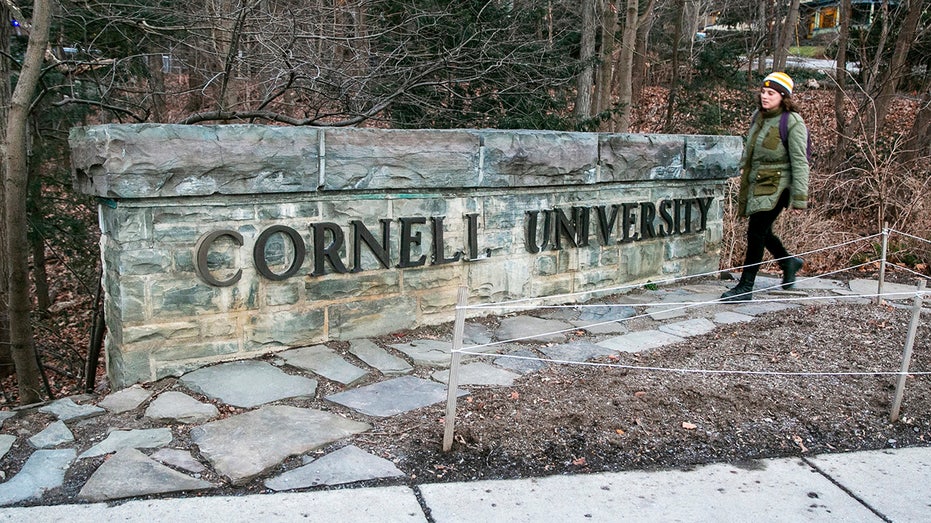A significant federal complaint has been lodged against Cornell University, alleging systemic racial discrimination within its hiring processes, bringing the institution’s commitment to equitable employment under intense scrutiny.
The complaint was filed by evolutionary biologist Colin Wright with the Equal Employment Opportunity Commission (EEOC), detailing claims that he was unfairly excluded from a tenure-track position in 2020 due to race-based practices at the esteemed university. Wright recently published an account in the Wall Street Journal, articulating his determined efforts to hold Cornell accountable for what he asserts are discriminatory hiring policies that have reportedly prevented him and other qualified scientists from being considered for academic roles.
Further fueling the controversy, the America First Policy Institute separately revealed findings concerning Cornell’s internal deliberations, which purportedly highlighted the hiring committee’s explicit intent to recruit what was termed a “diversity hire” for specific positions. One committee member’s candid admission underscored a concerning strategy: “What we should be doing is inviting one person whom we have identified as being somebody that we would like to join our department and not have that person in competition with others,” indicating a potentially predetermined outcome in faculty selection.
According to Wright, these discriminatory hiring practices were allegedly coordinated with Cornell’s Office of the Provost, which was overseen by current Cornell President Michael Kotlikoff at the time. Such actions, he contends, are direct violations of Title VII of the Civil Rights Act, which strictly prohibits employment discrimination based on race, including instances of racial discrimination and employment law breaches.
Beyond the immediate hiring disputes, Wright also alleged the existence of other “racially filtered” hiring pipelines at Cornell, such as the National Institutes of Health-funded Faculty Institutional Recruitment for Sustainable Transformation (FIRST) program. This initiative, while aimed at enhancing “compositional diversity,” is criticized for requiring faculty members to revise applicant pools repeatedly until they are deemed diverse enough, raising concerns about higher education equity and DEI policies.
Wright powerfully framed the issue by asking, “Imagine if the races were reversed. Suppose a whistleblower uncovered internal emails showing that a university had run a secret search to ensure that qualified Black applicants were excluded from consideration… That’s exactly what Cornell did—except I’m White,” highlighting the perceived systemic bias and its impact on civil rights.
Cornell University, for its part, has strongly refuted these allegations, asserting in a June statement that the institution “strictly prohibits unlawful bias or discrimination” and “strongly disputes the allegations” made against it, reiterating a stance from a previous informal complaint by the America First Policy Institute. In conclusion, Wright urged policymakers to consider his case as compelling evidence that race-based hiring practices within universities are more entrenched than commonly believed, advocating for vigorous prosecution of such civil rights violations, as these practices continue to harm numerous qualified scholars nationwide.






Leave a Reply